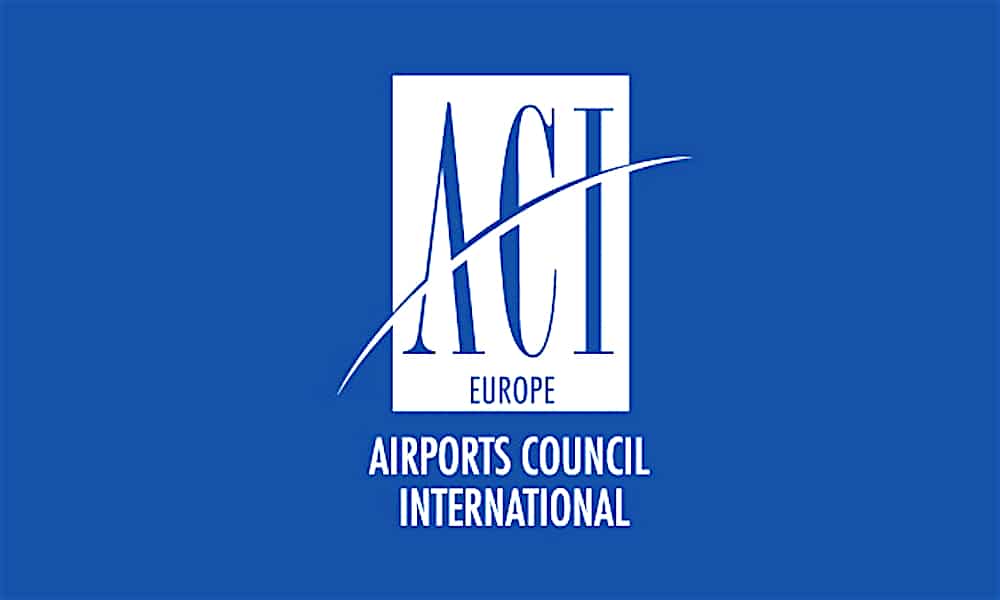
Europe’s airlines and airports are highly concerned by the European Commission’s proposal to amend the airport slot regulation, which they say does not sufficiently address the extent of the continuing crisis in air transport, the likely state of recovery in summer 2021, and the required level of airport slot relief measures that would best support aviation’s recovery from the Covid-19 crisis.
Airports, airlines and slot co-ordinators negotiated a worldwide recommendation for relief measures in the Worldwide Airport Slot Board. The Commission proposal, which was developed in parallel to these negotiations, differs significantly from the WASB recommendation.
“In its proposal, the EC suggests airport slots should be handed back three weeks prior to operation on a rolling basis, but offers no ability for airlines to return slots in bulk without risking future access to airports. This proposal also does not support airlines seeking access to airport slots in summer 2021, because they will not get the opportunity to plan for a full season or series in one go. By contrast, the approach recommended by the WASB is for carriers to be incentivised to return their full series of airport slots in February – well in advance of the peak summer 2021 season, in return for alleviation from airport slot usage requirements altogether. This would facilitate the early reallocation of those airport slot series and their ad hoc use throughout the season while enabling carriers to optimise their schedules under challenging conditions. This is an essential measure that would allow industry to cater to demand when and where it materialises.
“European air transport demand remains stagnant and IATA projects Europe’s 2021 recovery will be the slowest of the major regions. International services from major hubs are particularly impacted. Hub structures, connectivity and international route networks will face substantial risks under the EC proposal, which does not offer any alleviation and proposes that every single airport slot series be operated at least 40% of the time. This is an unrealistic expectation that could lead to airlines being forced to operate ‘ghost flights’ in order to maintain their slots.
“Current government policies discourage air travel (e.g. lockdowns and quarantines), with collapsing forward bookings and a totally uncertain outlook for the pandemic making operation of all airport slots to those levels unlikely. Lost airport slots for international access will be hard to recover. The priority should be to safeguard international passenger connectivity and allow flexible and quick planning of reliable schedules for consumers. The lower 40% threshold on its own – without the possibility to safely return airport slots in bulk, adds unnecessary complexity and will undermine European aviation’s chances for recovery.”
“In contrast to the industry’s recommendations, the European Commission’s proposal does not allow for sufficient early planning opportunities for airports and airlines alike – which risks hindering recovery and adding costs, “ said Olivier Jankovec, Director General, ACI Europe. “We believe that the full package of balanced airport slot relief measures proposed by the industry should be implemented in full to ensure European aviation has a fair and level playing field to recover. We will engage constructively with all EU institutions and governments to this end and look forward to a fruitful dialogue with MEPs, Member States and the European Commission.”
“We appreciate the EC’s efforts to make a timely proposal for summer 2021 slot relief, but unfortunately it falls short of what is needed,” said Thomas Reynaert, Managing Director, Airlines for Europe (A4E). “The industry is now looking to the Council and the European Parliament to make the necessary changes. We need a practical, simple and implementable solution – not one that creates additional complexity for an ailing industry devastated by Covid-19. We jointly urge Member States and the Parliament to progress the WASB recommendation to support EU aviation’s recovery and improve consumer choice in 2021.”
“The Commission’s proposal is insufficient for a crisis of this magnitude,” said Rafael Schvartzman, Regional Vice President for Europe, IATA. “They have ignored the expertise of airlines and airports who are experiencing first-hand the magnitude of the shifts in consumer behaviour, as well as the independent views of the slot co-ordinators who best understand the mechanics of slot co-ordination. The industry is proposing a smarter and more agile policy that will support recovery, facilitate slot mobility, and ensure that consumers have access to competitive services when demand returns. We stand ready to work with the EU institutions to see the changes needed to make good of this proposal.”




